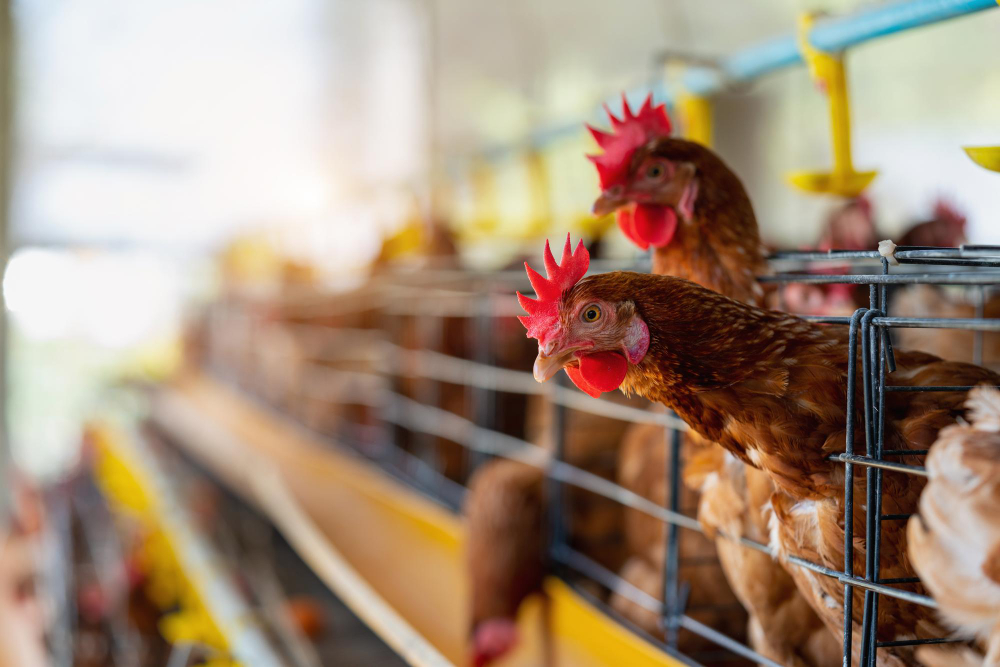Bird Flu Strikes Europe: Welsh Farmers Join the Scramble to Stop the Spread

Much of northern Europe, from Scandinavia westwards to Germany and France currently finds itself in a high-stakes battle against bird flu. The Highly Pathogenic Avian Influenza (HPAI) H5N1 strain is devastating flocks, and its presence has also been detected in wild birds reaching the Scottish coastline. Domestically, the Avian Influenza Prevention Zone (AIPZ) was removed by authorities, effective from 4th July 2023 in Wales, Scotland, and England, and great emphasis was placed on on-farm biosecurity measures.
However, less than two months after the decision, evidence suggests that bird flu is on the rise again, with the UK directly in the firing line. Waves of avian influenza seem to appear with increasing regularity and decreasing respite between them. All this goes to emphasise the mission-critical role that biosecurity plays for all poultry owners- from the largest farms to the smallest backyard flocks.
The scale of this current wave is staggering. Nearly two and a half million infected fowl had to be destroyed in Germany in 2021, and such losses have a dramatic knock-on effect on the financial cost and emotional impact on farmers.
Disinfection and clean-up costs after an outbreak rest firmly with the farmer and this is exacerbated by the requirement preventing them from keeping animals for certain time frames after an outbreak. It’s clear that such events can easily be the final nail in the coffin for many farmers whose businesses are already struggling with rampant inflation.
In the face of all these challenges, and in the absence of satisfactory vaccines for avian influenza, prevention is far more important than cure. So how can farmers prevent the disease from reaching their flocks in the first place?
The answer is the tightening of improved biosecurity measures by farmers and backyard keepers across Wales and the rest of Britain.
For poultry farmers- of whatever size- this means putting into place practices and measures that limit opportunities for the deadly pathogens to enter the flock in the first place and limit chances for any transmission between animals.
Of course, by far the majority of poultry keepers have adequate biosecurity measures in place. Unfortunately there are some instances where this is not the case and, considering how transmissible avian influenza is, these exceptions offer an open door for bird flu to enter the national flock and wreak havoc for everyone. This is where Livetec can help.
Offering a fresh pair of expert eyes, Livetec- the British poultry industry’s go-to partner on biosecurity issues- can help audit poultry farms and develop bespoke biosecurity solutions that offer the best plan to take the fight to avian influenza, securing the industry’s future for generations to come.